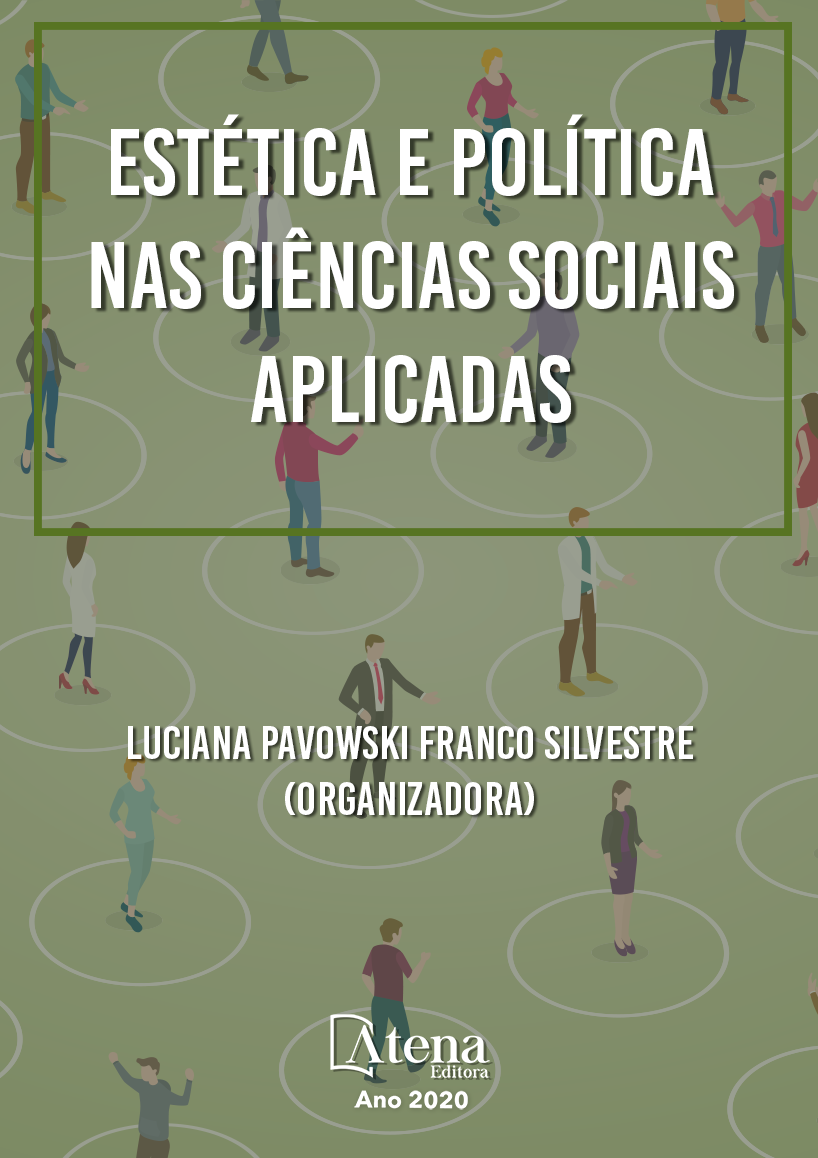
A CONSTRUÇÃO DO IDEÁRIO NACIONAL NO BRASIL: IMIGRANTES ALEMÃES E ESCOLARIZAÇÃO NO SUL DO BRASIL
O artigo busca entender alguns aspectos referentes ao conflito linguístico, cultural e identitário quando da vinda dos primeiros imigrantes alemães para o Sul do Brasil. As reflexões, nesse sentido, perpassam a proposta de nacionalização do ensino durante o governo de Getúlio Vargas, abordando o ideário, as políticas e estratégias nacionalistas que visaram utilizar a educação escolar como formadora de um abrasileiramento, especialmente nas comunidades de imigrantes alemães do sul brasileiro, expoentes da resistência cultural, naquele período. Demonstra, portanto que, a modernidade longe de estimular as diferenças, avista na escola um lugar estratégico para forjar e difundir seu ideário unificador, fato que denota o insistente encobrimento do “outro”.
A CONSTRUÇÃO DO IDEÁRIO NACIONAL NO BRASIL: IMIGRANTES ALEMÃES E ESCOLARIZAÇÃO NO SUL DO BRASIL
-
DOI: 10.22533/at.ed.1282027072
-
Palavras-chave: Escola, Imigrantes, Modernidade, Diferenças, Nacionalização.
-
Keywords: School, Immigrants, Modernity, Differences, Nationalization.
-
Abstract:
The article tries to understand some aspects related to the linguistic, cultural and identity conflict when the first German immigrants came to the south of Brazil. The reflections, in this sense, permeate the proposal of nationalization of education during the Getúlio Vargas administration, approaching the ideology, nationalist policies and strategies that aimed to use school education as a form of sterilization, especially in communities of German immigrants from the south of Brazil , Exponents of cultural resistance, at that time. It shows, therefore, that modernity, far from stimulating differences, sees in school a strategic place to forge and spread its unifying ideas, a fact that denotes the insistent cover-up of the "other."
-
Número de páginas: 15
- Regina Coeli Machado e Silva
- Samuelli Cristine Fernandes Heidemann


